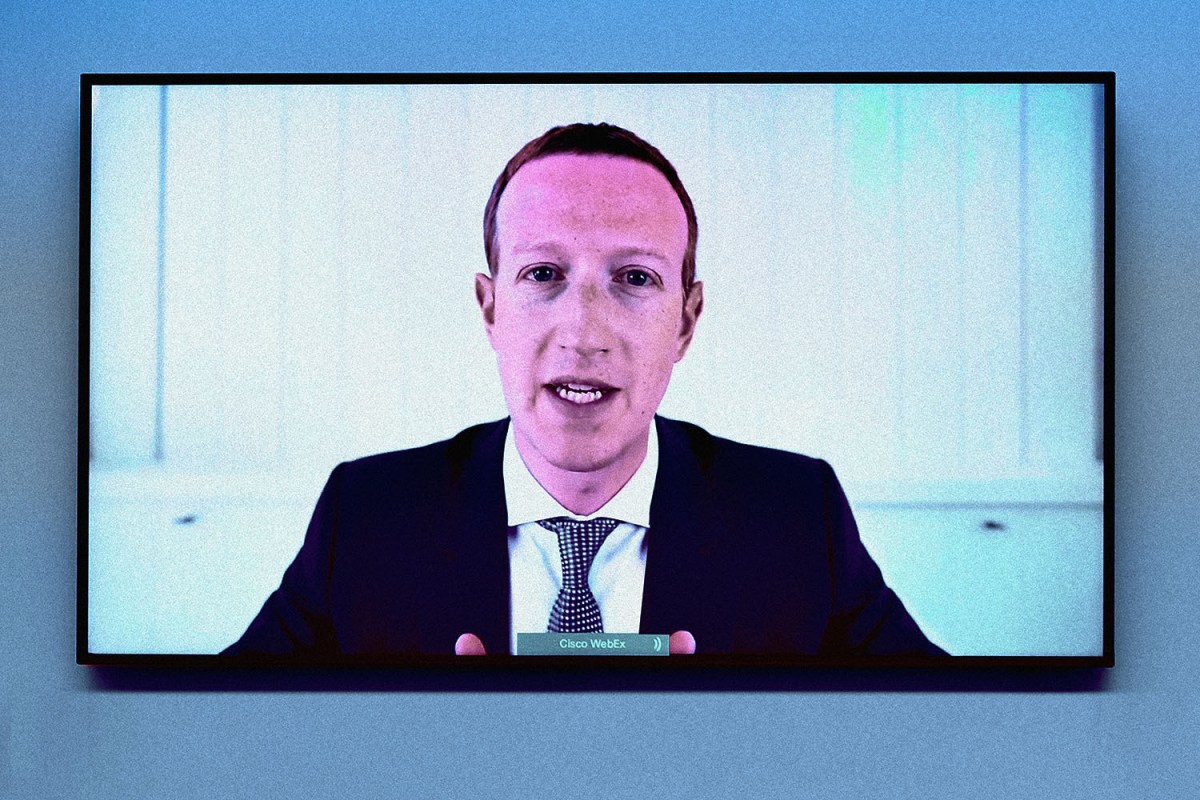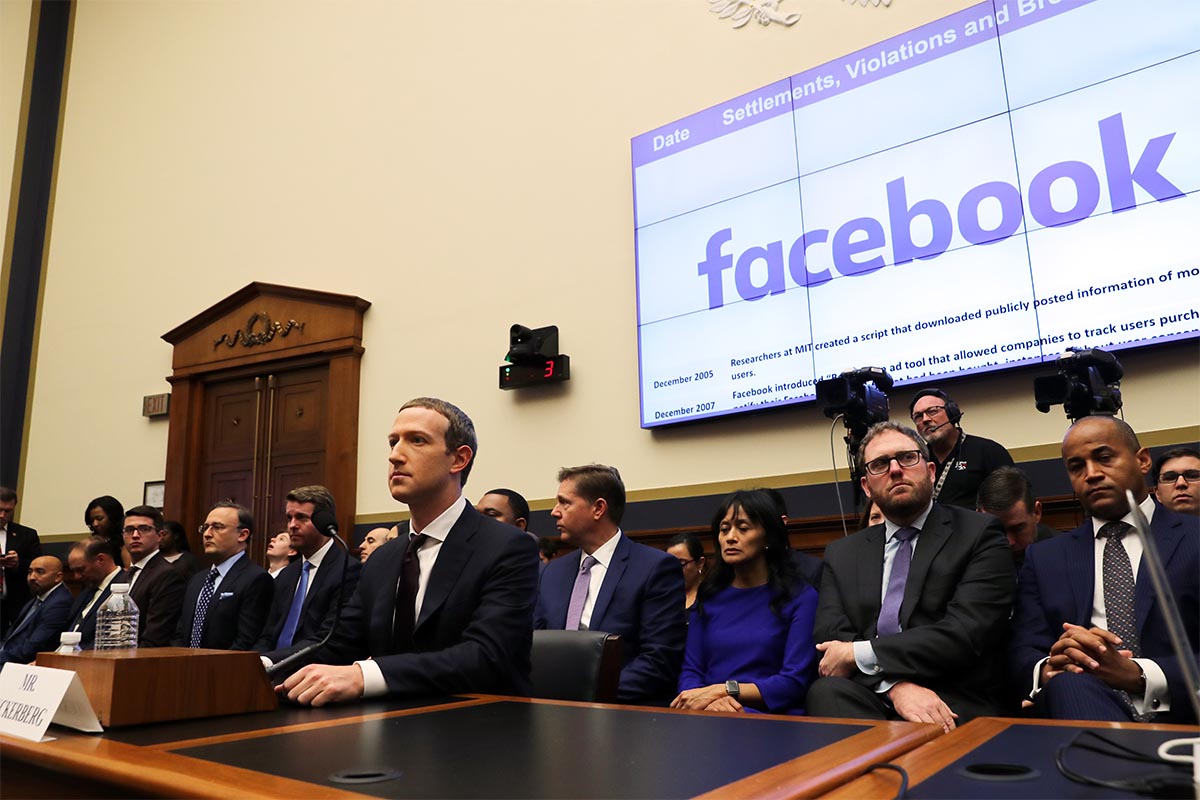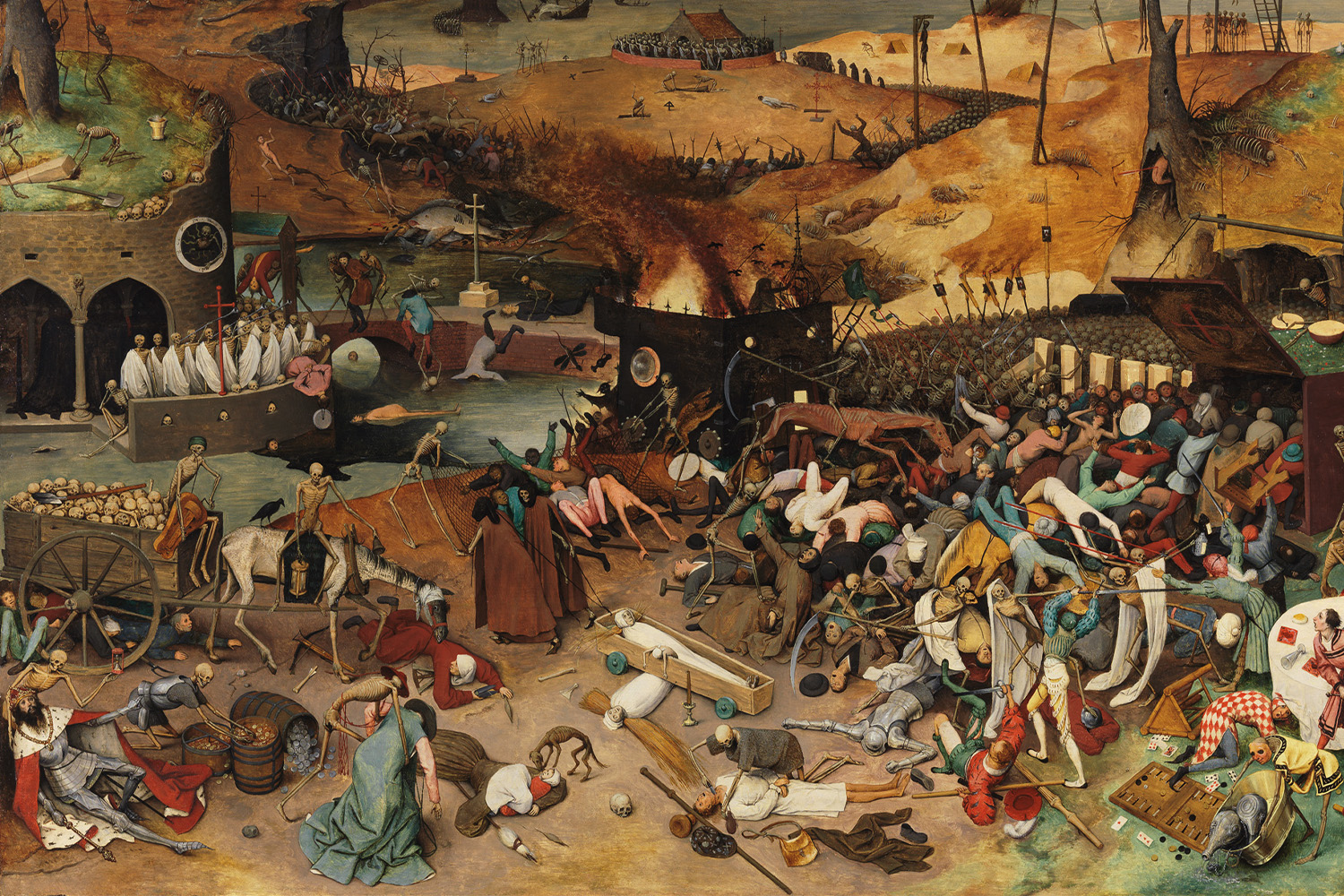One in three people on Earth use Facebook. Statistically speaking, Mark Zuckerberg’s company is as influential as God.
You’ll probably recall that foreign malefactors exploited the platform to disrupt the 2016 U.S. presidential election, and there is strong evidence they are at it again. This time, Zuckerberg claims, Facebook is ready. In early September, he authored a post that outlined a string of proactive measures Facebook was taking “to encourage voting, connect people with authoritative information, and fight misinformation.” His language invoked patriotism and positioned his company on the frontlines of an ideological war.
“We all have a responsibility to protect our democracy,” he wrote. “Facebook is already running the largest voting information campaign in American history.”
There are plenty of reasons to applaud Facebook and its founder. The company has enacted sweeping changes to its campaign advertisement policies and worked with the intelligence community to eradicate foreign interference efforts. For his part, Zuckerberg has personally donated $300 million to non-partisan organizations aimed at bolstering voting infrastructure.
There are also reasons to be skeptical. Some critics argue that Facebook’s new policies amount to temporary half measures that will do little to quell the platform’s tolerance of misinformation or its algorithmic inclination to politicize. While these policies have received considerable media attention over the past month, one storyline that feels underreported is Zuckerberg’s personal transformation. When did he become an ardent defender of democracy?
In an interview last weekend with Axios, Zuckerberg acknowledged that he would do some things differently if he started Facebook all over again. “I just wish that I’d spent more time earlier on communicating about what our principles are and what we stand for,” Zuckerberg said. “Things like free expression and voice and that we’re going to defend those.”
Those are outstanding principles. The Founding Fathers thought so too. But for Zuckerberg to imply they were Facebook’s core values from day one is revisionist history.
When Zuckerberg started Facebook out of his dorm room, he was not an ideologue. He was a brilliant coder who, according to Ben Mezrich’s The Accidental Billionaires, was salty because his girlfriend had just dumped him. In its earliest iteration, Facebook was FaceMash, a site for horny Harvard students to rate each other’s hotness. Not exactly a mecca for free speech.
In a 2009 interview with Business Insider, Zuckerberg finally articulated a corporate ethos: “Move fast and break things.” The phrase was plastered on posters throughout Facebook’s offices and even appeared in the company’s 2012 IPO paperwork. The core values section of that initial filing, however, contained zero references to freedom of expression.
As much as he would like us to believe otherwise, it’s obvious that Zuckerberg has retroactively yoked his company to democratic ideals. But why now? According to a recent Pew Research poll, 72% of Americans believe social-media companies have too much power. Congress is wary, too. Zuckerberg has tried to preempt antitrust legislation by calling for regulation, but his proposals, as the Times’ Mike Isaac reveals, are carefully crafted to protect Facebook.
It’s easy to see what Zuckerberg is protecting. His net worth, which has skyrocketed throughout the pandemic along with that of other tech CEOs, recently eclipsed $100 billion.
But it’s not just dollars that are at stake. Zuckerberg is arguably the most powerful man in the world. With 60% of Facebook’s voting shares, he single-handedly controls an institution that, in the words of journalist Mike Allen, has “more monthly users than Christianity.” This is a particularly ingenious comparison: not only does Facebook resemble Christianity in scale — it performs a similar cultural function.
Louis Althusser was a 20th-century French philosopher who used Karl Marx’s views on the economic structure of society as a springboard to develop his own theory about state power. (And, yes, also killed his wife before being institutionalized due to severe mental illness. But insofar as it’s possible to separate the man from the thinker, Althusser’s work provides a useful paradigm for considering the relationship between institutions and states.)
For Marx, “the State” was an instrument that existed purely to preserve social classes. For Althusser, that definition was not sufficient. He agreed with Marx that the State is a “machine of repression,” but as a structuralist, he wanted to identify the infrastructure that supports it. And so he developed the idea of “state apparatuses” and, in his seminal 1970 book On the Reproduction of Capitalism, differentiated between two kinds: the Repressive State Apparatus (RSA) and the Ideological State Apparatus (ISA).
Althusser believed there was only one RSA, and its defining trait was the sanctioned use of state violence. The military, police and intelligence agencies all comprise the RSA. But the rest of society, he believed, was controlled by ISAs, which is a fancy way of saying institutions. He argued that these institutions — religious, educational, legal, financial, cultural, etc. — existed strictly to preserve hegemony through ideology. And one of the most fascinating elements of Althusser’s writing is how he charts the historical reign of different ISAs.
“In the pre-capitalist period,” he writes, “it is absolutely clear that there was one dominant Ideological State Apparatus, the Church, which concentrated within it not only religious functions, but also educational ones, and a large proportion of the functions of communications and culture. It is no accident that all ideological struggle, from the sixteenth to eighteenth century, starting with the first shocks of Reformation, was concentrated in anti-clerical and anti-religious struggle.”
Once capitalism took hold, Althusser argues, education replaced religion as the most influential ISA. No other ISA, he writes, “has the obligatory (and not least, free) audience of the totality of the children. Eight hours a day for five or six days out of seven.”
Maybe it’s because we’ve entered a post-capitalist era, but there is no doubt that a newer institution has now surpassed education in the ISA hierarchy: social media. According to a 2019 report, American teens log seven hours of screen time seven days a week. And that doesn’t include academic use.
Maybe we should just accept that this is all part of the natural evolution of human progress. Maybe it is. But how do we define progress? What if progress itself is an ideology that, if we follow Althusser’s reasoning, exists purely to protect and advance hegemonic interests?
All of the Big Tech companies claim their primary mission is to change the world for the better. They’ve certainly fulfilled half of this goal. Consider some of the ways the world has changed since the rise of Silicon Valley:
- According to the CDC, the youth suicide rate in this country increased by 56% between 2007 and 2017.
- Americans are more politically divided than ever. We’re currently witnessing levels of social unrest not seen since the ‘60s (pick your century — 1960s or 1860s).
- Income inequality has never been higher.
- In Myanmar, military personnel used Facebook to incite genocide against ethnic minorities.
Jeff Orlowski’s new documentary The Social Dilemma offers a terrifying peak behind the Silicon curtain. Despite some corny dramatizations, the film features powerful interviews with Big Tech defectors who expose the industry’s only real objective: manipulating human behavior for profit.
“One of the problems with Facebook is that as a tool of persuasion, it may be the greatest thing ever created,” says Roger McNamee, a venture capitalist and early Facebook investor. “Imagine what that means in the hand of a dictator or an authoritarian. If you want to control the population of your country, there has never been a tool as effective as Facebook.”
Yet Mark Zuckerberg will tell you with a straight face that Facebook is a staunch and intrepid guardian of democracy. In the parlance of our times, L-O-L and W-T-F.
This article was featured in the InsideHook newsletter. Sign up now.
























